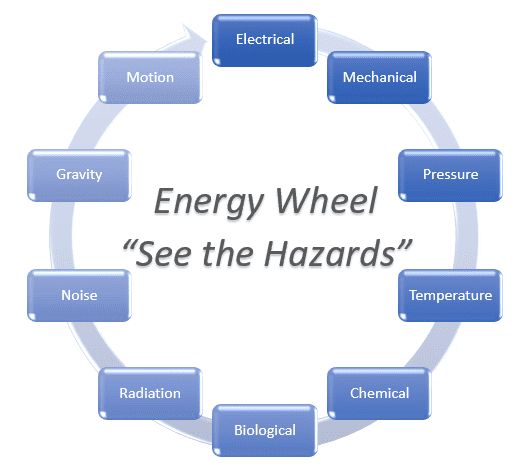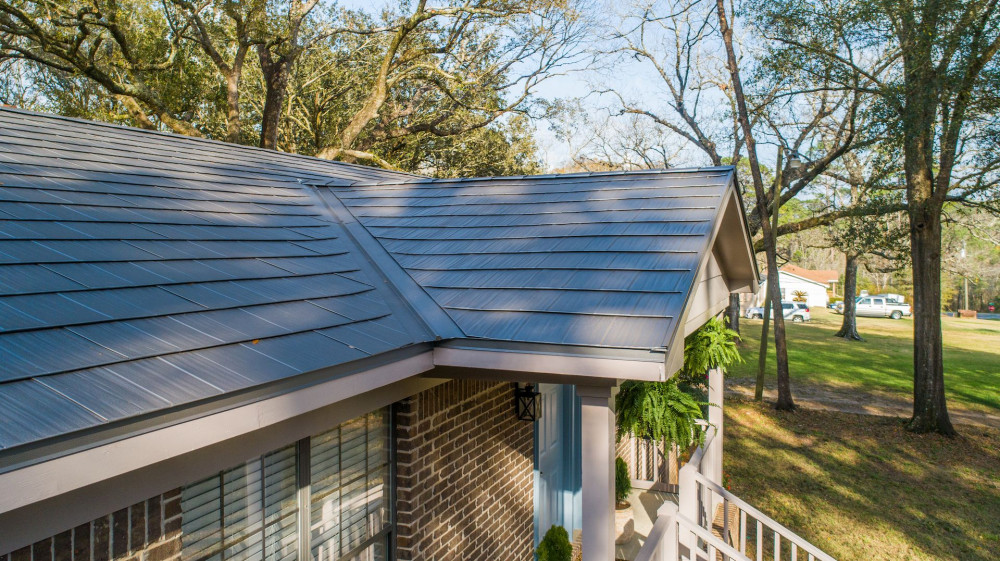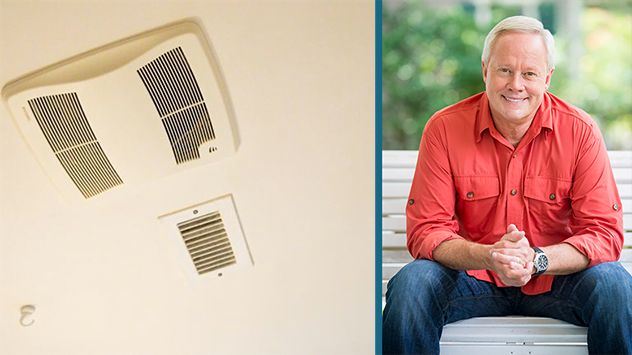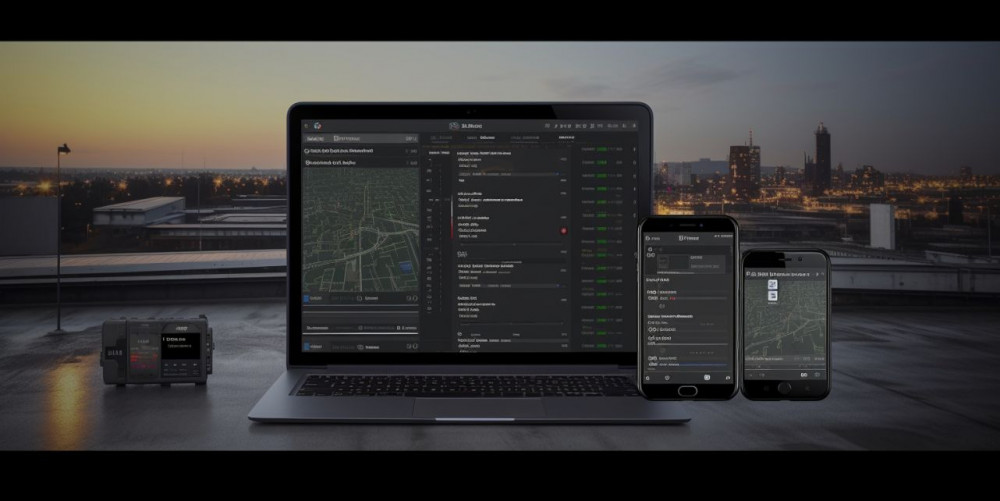how hyper-scheduling moves the needle in business and in life
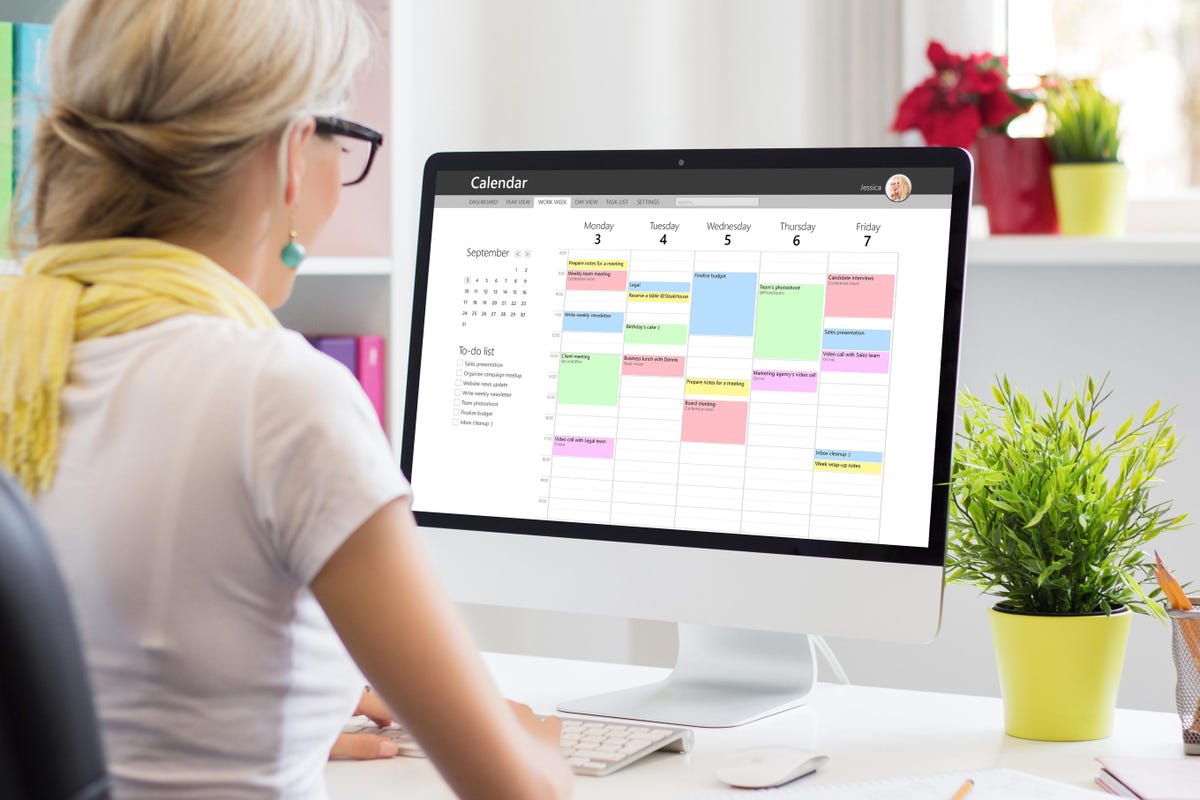
And in the end, I've found that block scheduling, or hyper-scheduling as I call it, accomplishes the opposite of the overwhelming and situation people worry it will create.
Every Sunday, I sit down and make my schedule for the week — and in doing so, I make sure that it's full..
For some people, that might involve date nights with partner, attending game or recital, time for workouts, pet hangouts, book club meetings, or things like concerts, movies or professional sporting events.
Every discrete event associated with work, and every period gets scheduled into the calendar.
in my experience with hyper-scheduling, it's the opposite — the more carefully completely I schedule myself, the flexibility and control I gain over my time..
Moreover, — the mental state in which you are immersed and focused on activity, sometimes colloquially called being in the zone..
Particularly in the remote and hybrid work cultures that are prevalent since the pandemic, it's easy to get caught up in endless meetings, and falling prey to too many of these events inhibits the ability to get into flow state.
it's reasonable to expect some resistance up front — large part because people may not understand the concept of scheduling this way, and assume that it leads to more work for them rather than more flexibility and time.
By working more productively during the week, they can often find pockets of unused time that they have nonetheless blocked out — time that allows them to leave work, take evenings off, or feel less pressure concerning deadlines..
For most, the answer is something along the lines of, My role is to make sure that my time, and others time, is focused on meaningful tasks that move the needle on our business, all while avoiding burnout...
Read more
Every Sunday, I sit down and make my schedule for the week — and in doing so, I make sure that it's full..
For some people, that might involve date nights with partner, attending game or recital, time for workouts, pet hangouts, book club meetings, or things like concerts, movies or professional sporting events.
Every discrete event associated with work, and every period gets scheduled into the calendar.
in my experience with hyper-scheduling, it's the opposite — the more carefully completely I schedule myself, the flexibility and control I gain over my time..
Moreover, — the mental state in which you are immersed and focused on activity, sometimes colloquially called being in the zone..
Particularly in the remote and hybrid work cultures that are prevalent since the pandemic, it's easy to get caught up in endless meetings, and falling prey to too many of these events inhibits the ability to get into flow state.
it's reasonable to expect some resistance up front — large part because people may not understand the concept of scheduling this way, and assume that it leads to more work for them rather than more flexibility and time.
By working more productively during the week, they can often find pockets of unused time that they have nonetheless blocked out — time that allows them to leave work, take evenings off, or feel less pressure concerning deadlines..
For most, the answer is something along the lines of, My role is to make sure that my time, and others time, is focused on meaningful tasks that move the needle on our business, all while avoiding burnout...
Read more
Report
Related items:
